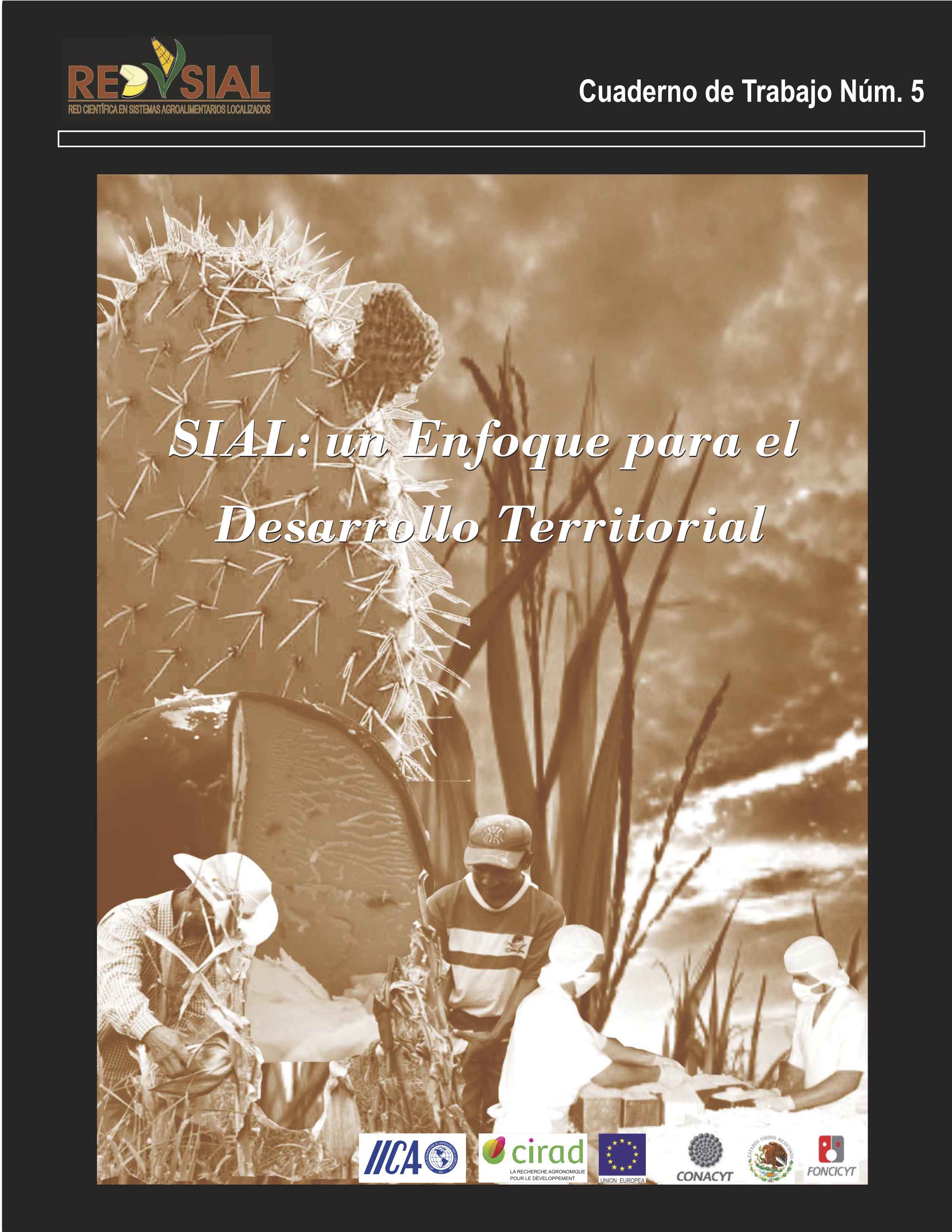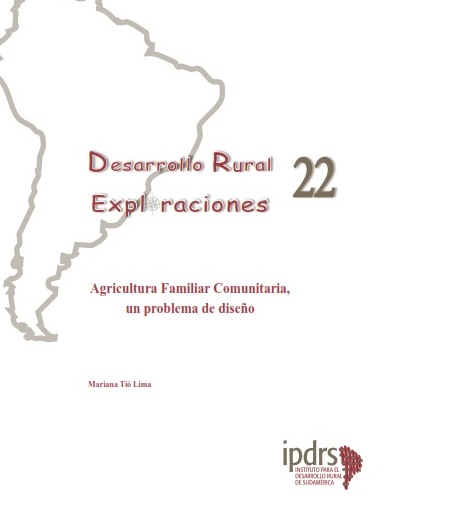The Changing Face of Rural Space : Agriculture and Rural Development in the Western Balkans
This report brings together lessons from previous studies, supplemented by new analysis. It frames the challenges facing the rural and agri-food sector in the Western Balkans to illustrate the directions for policies, now and in the future. Part one looks at the characteristics of the rural and agri-food sector today, its potential and its obstacles. Part two looks at the future of the agri-food sector and rural space.









